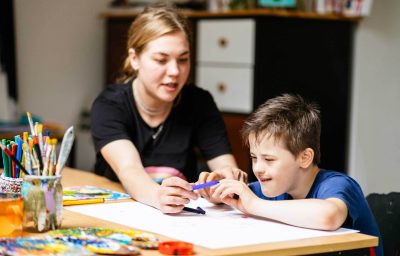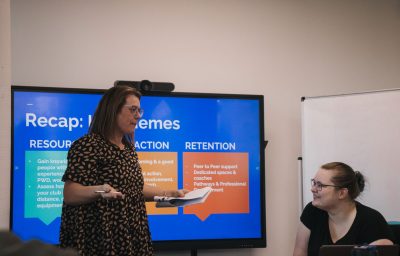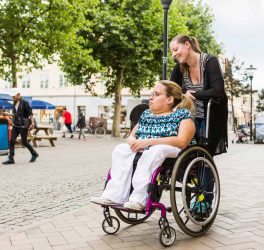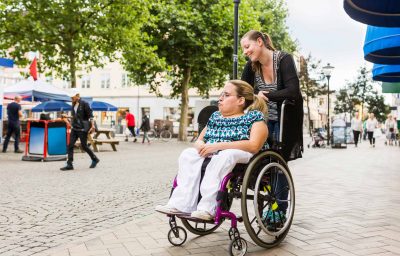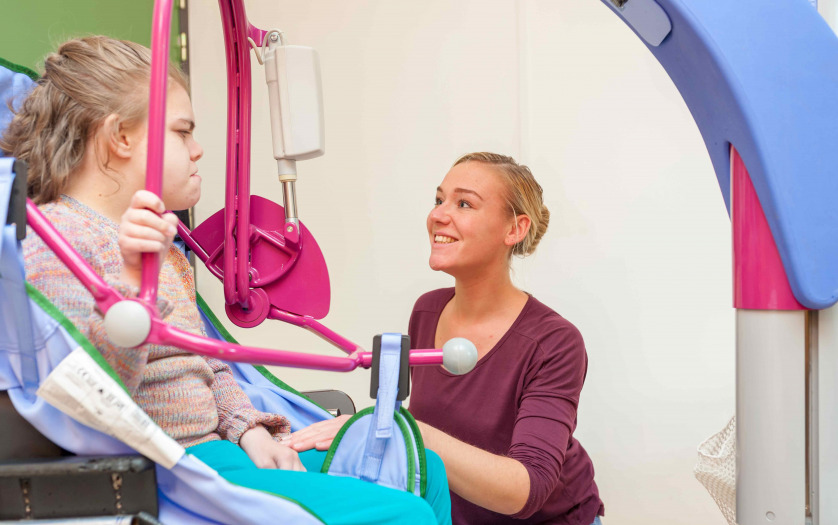
Half of Aussie hospital, aged and disability care workers feel there has been a lack of appropriate protective clothing available to them since COVID-19, making them feel more stressed and anxious, according to research from Slater and Gordon conducted by Kantar Australia.
One in three or 38 per cent of workers surveyed said management had not provided enough support since COVID-19.
While four out of five (81 per cent) workers surveyed said support from management was important to them in relation to their job.
More than half (54 per cent) of Victorian healthcare workers feel there has been a lack of appropriate protective clothing, making them feel more stressed and anxious. More than half (51 per cent) of NSW, 47 per cent of West Australian workers and 45 per cent of Queensland workers said the same.
Slater and Gordon Practice Group Leader Andrea Kehoe said workers in these industries should be provided with personal protective equipment (PPE) to keep them protected and safe.
“The healthcare and social assistance sector will continue to be the ones on the frontline of this crisis, caring for the sick and elderly and those living with a disability,” Ms Kehoe said.
“If a worker suffers long term health impacts after contracting the virus at work, they might be entitled to financial support for their permanent injury, and in some circumstances an employer could be found to be negligent if adequate PPE hadn’t been provided.”
“Healthcare, aged and disability care workers are under pressure and caring for critically ill patients with limited resources. However, health and safety should remain a priority and we must be doing everything possible to keep health care workers safe,” Ms Kehoe said.
“In all other fields of work where PPE is required, such as construction, mining and cleaning, PPE needs to be in good condition and should fit workers comfortably. The individual should have received training, so they know how to use it and can wear it properly.
“In some circumstances, only low-quality masks are available to aged care and disability workers and workers don’t have much of a choice unless they source PPE themselves.
“As people start going to hospitals and emergency rooms again and capacity in waiting rooms is challenged and as more people return to using public transport, masks and PPE will be in demand and will put pressure on supply.”


